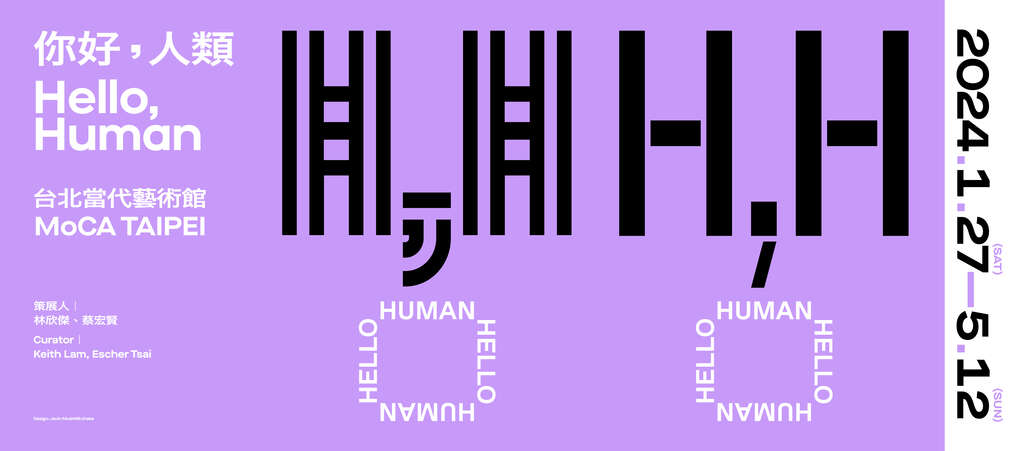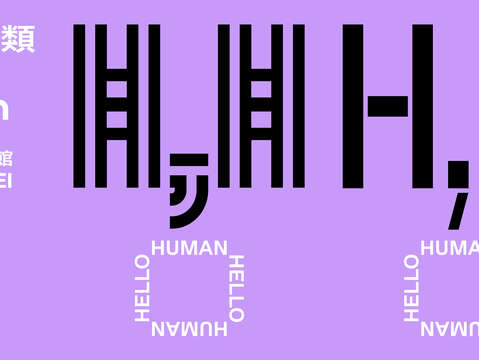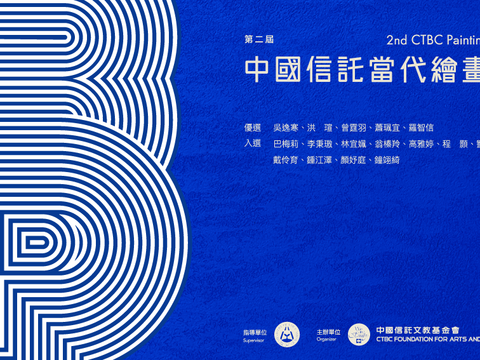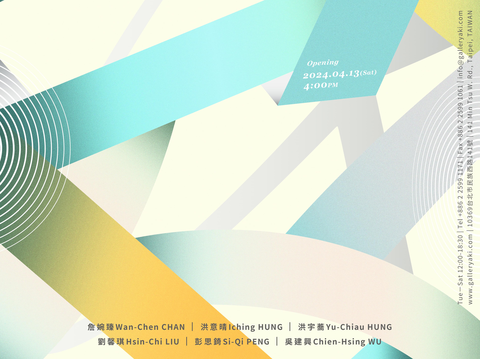Post date:2024-01-30
Updates:2024-01-30
361

- Event Time
- 2024-01-27~2024-05-12Tue. - Sun. 10:00 - 18:00
- Event Location
- NO.39 Chang-An West Road , Datong Dist., Taipei City Taiwan, R.O.C
The boundaries between artificial intelligence (AI) creations and that of human beings have become increasingly blurred, as incessant AI computing is now able to perfectly combine texts, images, events, and histories that are difficult to distinguish their authenticity. Like the pandora’s box of this new generation, AI has given humanity both hope and fear, and reminds us of the aesthetics of the sublime from the previous century—a kind of magnificent yet perilous beauty. In the past, the idea of the sublime was closely associated to nature. It was not until the 20th century that the natural sublime became replaced by the techno-sublime. Yet, why does humanity fear technology? In ancient legends and mythologies, when inanimate objects are given life through technics, chaos and disasters always seem to follow. Even though the original purpose of giving life might be to provide assistance or protect humanity, harm and destruction eventually ensue. The moral of these stories is to caution humanity that unbridled technics indicate catastrophes.
We are all familiar with how nuclear power and genetic biotechnology make us feel: on the one hand, we are in awe of the techno-sublime for the convenience it offers, and on the other hand, there is a latent sense of fear for potential disasters. Our feelings about the techno-sublime lurk beneath the surface of everyday life, and the nightmare of controllable destruction always feels imminent to us. While coping with the rapid development of AI technology and envisioning the beautiful future world, it has become impossible not to worry about the uncertainty over how AI makes its judgments based on algorithms and the computed results. Furthermore, it is also disconcerting to think about the control and survival bias in relation to gender, race, thinking, speech, creation, history, law, and politics when capital and power monopolize the use of AI.
The non-public and therefore non-transparent technologies are like a black box with unknown content. The uncontrollable technics in this black box signal an utterly different relationship between classical cybernetics and AI. Originally, cybernetics is a theoretical framework founded on a set of feedback circuits that is able to maintain systemic stability and predictability. However, when AI system becomes highly autonomous and possesses the ability to self-teach and self-evolve, classical cybernetics which is theoretically rooted in fixed models and hypothetical certainty is no longer suitable and appliable. The black box quality of AI prevents humanity from obtaining a deep understanding of its internal operation, and thereby from controlling crucial factors in terms of how it influences the system. The risk of a potential systemic collapse weakens our trust, if not diminishes it all, leading to unforeseeable consequences and pandemonium.
The human beings living in the 21st century have been deprived of the option of not choosing AI. As AI embraces humanity in a seemingly tender manner, it might be contrarily saying goodbye in a cool-headed and cruel way. Is humanity really able to build an open, trustworthy AI system that can be shared by all? Or has AI technology, like a black box of an infinite set of nesting dolls, already started its course of rapid evolution, which would eventually arrive at a point when humanity becomes simply irrelevant? The moment when AI finally breaks through the black box and snarls at humanity, saying “Hello, human!” would be the moment that AI bids farewell to the obsolete species once known as human being.
We are all familiar with how nuclear power and genetic biotechnology make us feel: on the one hand, we are in awe of the techno-sublime for the convenience it offers, and on the other hand, there is a latent sense of fear for potential disasters. Our feelings about the techno-sublime lurk beneath the surface of everyday life, and the nightmare of controllable destruction always feels imminent to us. While coping with the rapid development of AI technology and envisioning the beautiful future world, it has become impossible not to worry about the uncertainty over how AI makes its judgments based on algorithms and the computed results. Furthermore, it is also disconcerting to think about the control and survival bias in relation to gender, race, thinking, speech, creation, history, law, and politics when capital and power monopolize the use of AI.
The non-public and therefore non-transparent technologies are like a black box with unknown content. The uncontrollable technics in this black box signal an utterly different relationship between classical cybernetics and AI. Originally, cybernetics is a theoretical framework founded on a set of feedback circuits that is able to maintain systemic stability and predictability. However, when AI system becomes highly autonomous and possesses the ability to self-teach and self-evolve, classical cybernetics which is theoretically rooted in fixed models and hypothetical certainty is no longer suitable and appliable. The black box quality of AI prevents humanity from obtaining a deep understanding of its internal operation, and thereby from controlling crucial factors in terms of how it influences the system. The risk of a potential systemic collapse weakens our trust, if not diminishes it all, leading to unforeseeable consequences and pandemonium.
The human beings living in the 21st century have been deprived of the option of not choosing AI. As AI embraces humanity in a seemingly tender manner, it might be contrarily saying goodbye in a cool-headed and cruel way. Is humanity really able to build an open, trustworthy AI system that can be shared by all? Or has AI technology, like a black box of an infinite set of nesting dolls, already started its course of rapid evolution, which would eventually arrive at a point when humanity becomes simply irrelevant? The moment when AI finally breaks through the black box and snarls at humanity, saying “Hello, human!” would be the moment that AI bids farewell to the obsolete species once known as human being.
 Hello, Human!
Hello, Human!








